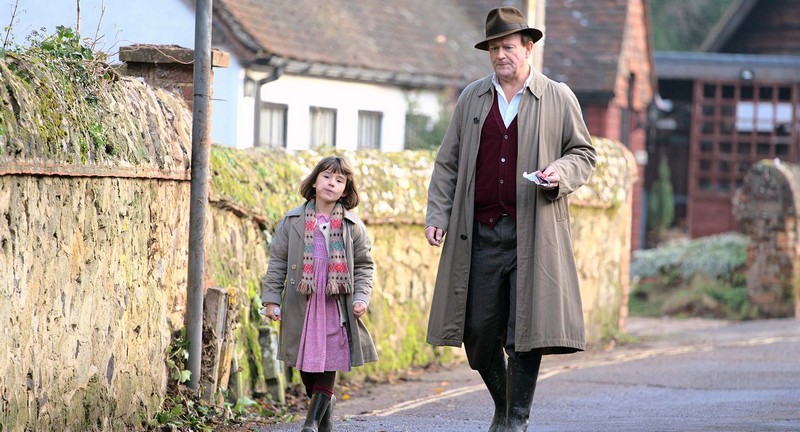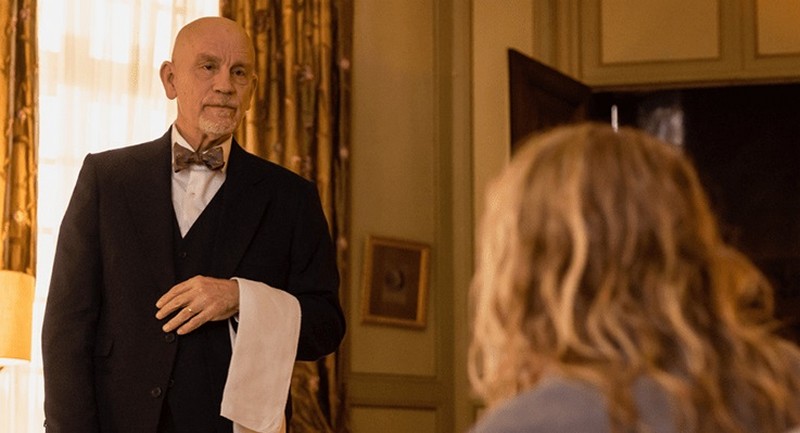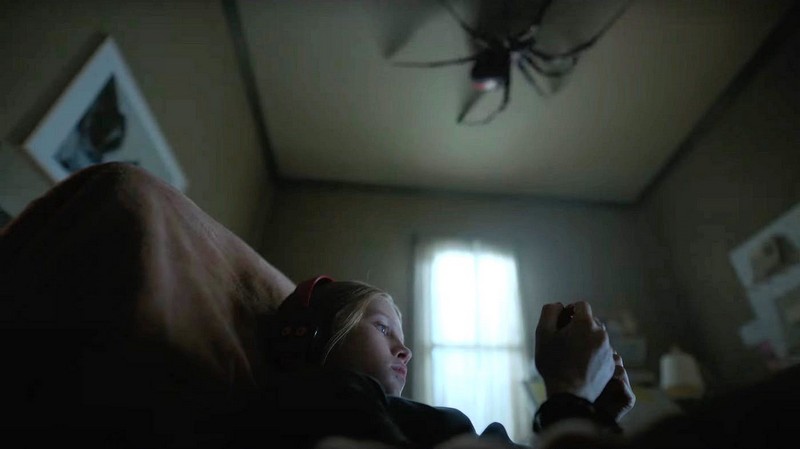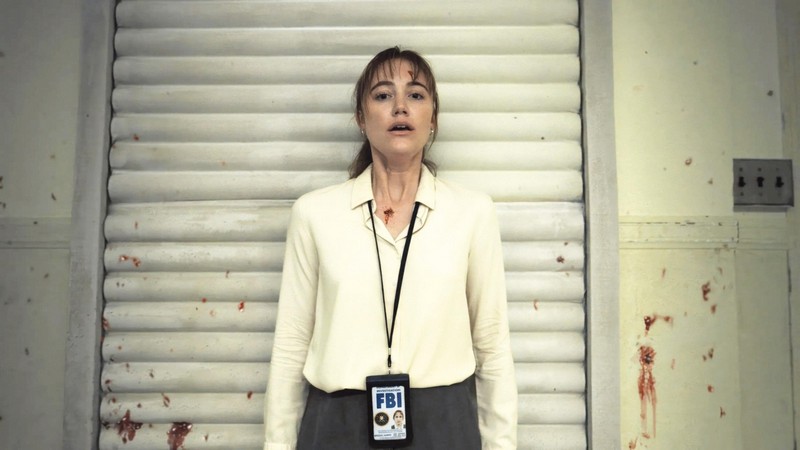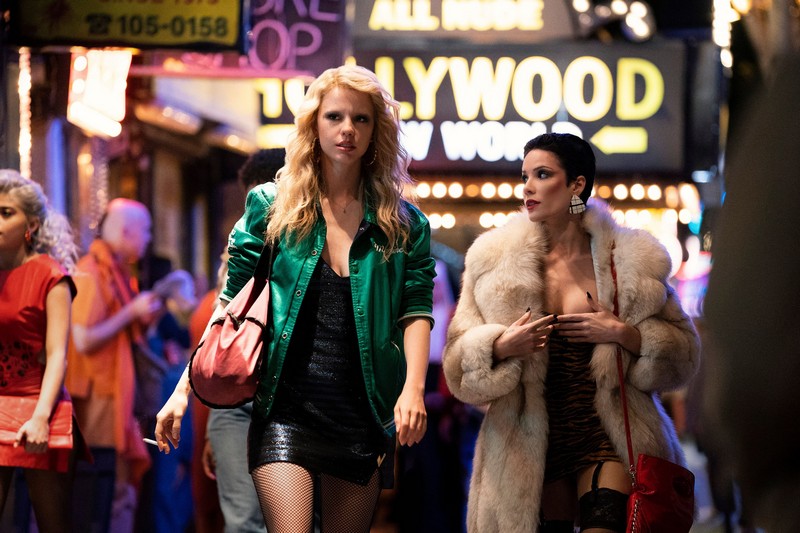Revered children’s author Roald Dahl and Academy Award winning actress Patricia Neal had a tumultuous marriage. And director John Hay puts it under the microscope in To Olivia.
Dahl (Hugh Bonneville) and Neal (Keeley Hawes) brought up a family in Buckinghamshire. The highly imaginative Dahl revelled in vocalising off-the-wall stories to his children. That was especially the case for his first-born, Olivia (Darcey Ewart), as they walked together to the local sweet shop, where gob-stoppers and Kit Kats were on the menu. She played along with his whimsy.

He wrote in a stand-alone “shed” at the bottom of the garden, where his muse was himself as a youngster. But with sales of his book James and the Giant Peach hardly setting the world on fire and Neal’s career facing a downturn, the pair struggled to pay the bills. Both were drinking and smoking excessively. And then came the cruellest blow, when Olivia fell ill and died at the age of seven. Dahl couldn’t deal with the pain. He couldn’t even bring himself to say her name. He shut himself off, was short tempered and distant. No pleas from Neal seemed to make any difference.
And yet he had surviving children to attend to, notably – as presented in the movie – Tessa (Isabella Jonsson). Tessa, who followed the beat of her own drum, seemed to always play second fiddle to Olivia. Finally, against Dahl’s better judgment, Neal accepted a personal overture from director Marty Ritt (Conleth Hill) to star alongside Paul Newman (Sam Heughan) in the movie Hud.
As one of the millions of admirers of Dahl’s prose, I knew nothing of his back story. His life before marriage, along with Neal’s, are quickly dealt with in cartoon form at the start of the picture. In his case, that was as a fighter pilot during the Second World War. I appreciated the treatment of the everyday pressures by writers Hay and David Logan. Their screenplay is based on the novel Patricia Neal: An Unquiet Life by Stephen Michael Shearer.
The film balances the mundane with the tension involved in forging and maintaining a career, be it as an actress or an author. Self-doubt is never far from surfacing when things don’t awry. In their characterisation, Bonneville and Hawes strike the right chord. Ewart and Jonsson are plausible as the children trying to navigate the moodiness of their parents. Some sumptuous cinematography by Graham Frake elevates the spectacle.
Although it follows a conventional narrative arc, To Olivia is an engaging look into the troubled private world of two public figures.
Alex First
Other reviews you might enjoy:

Alex First is a Melbourne based journalist and communications specialist. He contributes to The Blurb on film and theatre.

